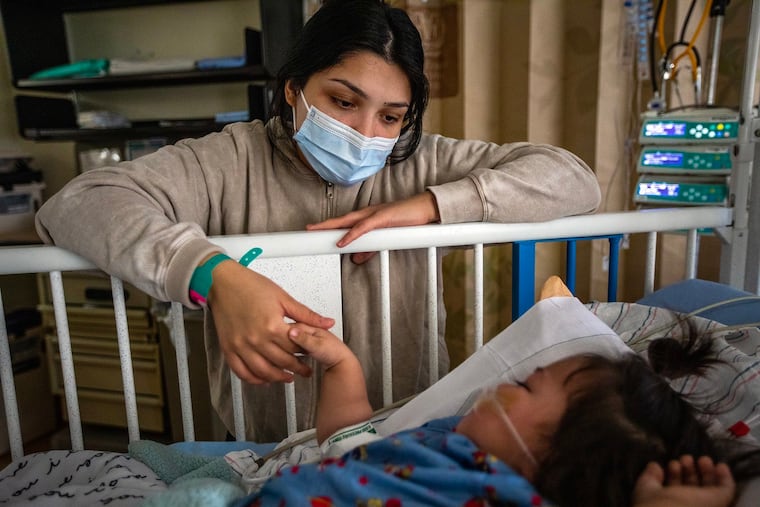Russia and Ukraine to Hold Key Talks in Turkey; Agenda and Developments Anticipated

Russia and Ukraine are scheduled to engage in negotiations in Turkiye on Thursday, although the prospect of a direct meeting between President Vladimir Putin and Ukrainian President Volodymyr Zelenskyy, the first in three years, seems unlikely following the Kremlin’s announcement late on Wednesday.
Earlier discussions surrounding the potential involvement of former U.S. President Donald Trump in these negotiations have also concluded, with American officials confirming that he will not attend. The upcoming talks are a continuation of efforts to stabilize the ongoing conflict that has disrupted not only regional but also global dynamics.
The impetus for these negotiations can be traced back to a proposal made by Putin on Sunday, advocating for direct discussions between the two nations in Turkiye, rather than prolonging the indirect dialogues mediated by the United States and other allies. Putin underscored the importance of resuming direct negotiations, citing past interactions in 2022.
He stated that the breakdown of dialogue in 2022 was not initiated by Russia but rather by Ukraine. Putin emphasized a willingness to resume talks without preconditions, aiming to address the fundamental causes of the conflict in pursuit of lasting peace.
The full-scale Russian invasion of Ukraine, which began in February 2022, marked a significant escalation in hostilities. Initial talks in Istanbul were held almost immediately after the invasion, yet progress has been tenuous. Zelenskyy has previously articulated that negotiations faltered due to Russia’s demands for territorial concessions in the Donbas region, which Ukraine fiercely maintains as its own.
Zelenskyy’s stance has evolved; he recently suggested that a cessation of hostilities could occur if NATO were to provide sufficient security guarantees for Ukrainian territory. This opens potential pathways for future negotiations regarding territorial issues, advocating for diplomatic solutions over military confrontations.
Significantly, the involvement of European leaders—leaders from France, Germany, and Poland recently visited Kyiv to deliver an ultimatum to Russia for a ceasefire—has underscored a united European front, enhancing hopes for a breakthrough in talks. Putin’s call for negotiations came just after this ultimatum, highlighting the shifting dynamics and pressures from allied nations.
The closed-door discussions are scheduled to take place at Dolmabahce Palace in Istanbul at 10 am local time. This historic venue symbolizes a strategic crossroads, as it served as the administrative center during the Ottoman Empire, connecting Europe and Asia.
The absence of Trump, who has previously expressed support for direct discussions between Ukraine and Russia, adds complexity to the negotiations. While initially indicating a potential active role, U.S. officials have opted for a more restrained approach.
As these talks unfold, the absence or presence of key leaders like Putin could significantly influence their outcomes. Zelenskyy has asserted its importance for Putin to be part of these negotiations, as any resolutions ultimately depend on the Russian leader’s decisions. The ramifications of these talks may carry weight beyond immediate resolutions, impacting geopolitical stability across Europe and beyond.
In conclusion, while peace talks with Russia’s potential involvement may seem overdue, their significance cannot be understated. They could mark a pivotal shift toward sustainable solutions, affecting regional and global security in the years ahead.
#PoliticsNews #MiddleEastNews






